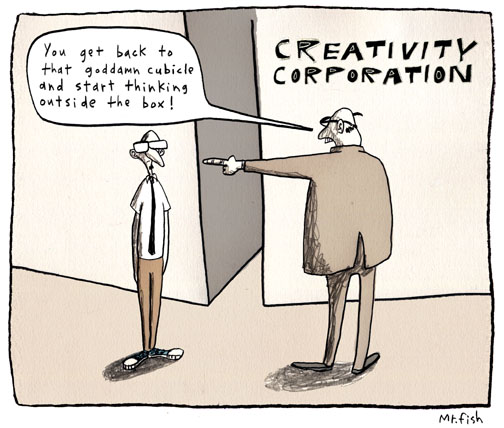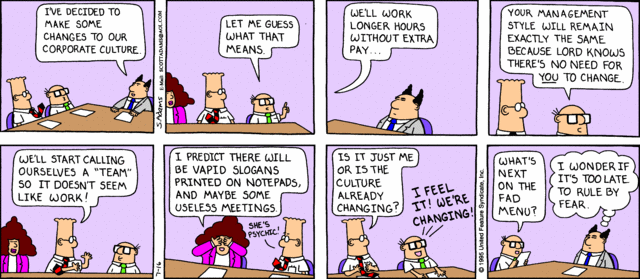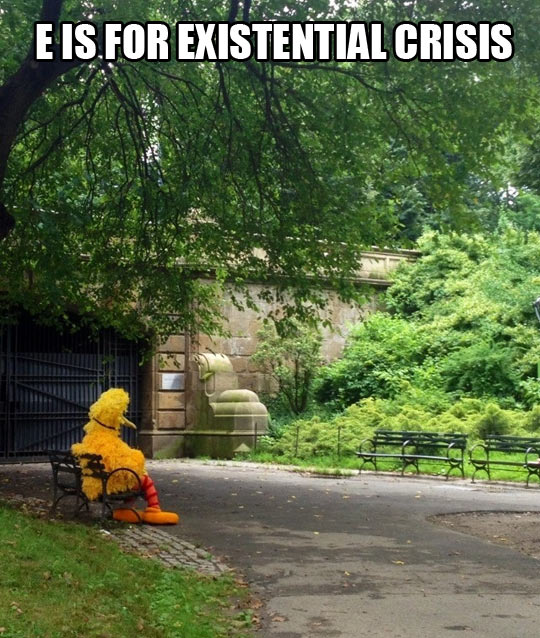Time Management Skills Are Stupid. Here’s What Works.
t the schedule down for a second. Consider something I read in The Power of Full Engagement: Maybe it's not about time. It's about energy. Via The Power of Full Engagement: Energy, not time, is the fundamental currency of high performance. It's a qualitative lens instead of a quantitative one. Focusing on your time management skills sounds great but all hours are not created equal. We're not machines and the time model is a machine model. Our job isn't to be…
4 minutes
Strategic Leadership: How To Avoid The Most Common Error Leaders Make
my interview with Harvard Business School professor Gautam Mukunda, author of Indispensable: When Leaders Really Matter, I asked him about the biggest mistake leaders make: Gautam: Over time, it’s grandiosity. Eric: Hubris? Gautam: Yeah. You live in an environment where everybody constantly tells you how great you are, and you begin to believe it. Eric: Yeah. Even Machiavelli said a leader needs people who are going to be honest with them, because everybody’s going to kiss their ass. Gautam: Exactly...…
5 minutes
How To Ace A Job Interview: 7 Research-Backed Tips
bsp; 1) Be Similar To The Interviewer "Be yourself" can actually be a problem. If you want to know how to ace a job interview it's important to note that study after study shows the key to being liked and being more influential is similarity. Research shows you can take advantage of this by researching the interviewer and coming across as similar to them: After carefully transcribing and analyzing her interviews and field notes from observations in the firm, Rivera determined…
5 minutes
Creative Thinking Exercises: 8 Steps To Workplace Creativity
while back I rounded up a lot of the research and posted my four fundamental rules for increasing creativity. But those aren't all easy to do at the office. The list includes getting drunk, taking naps and showers, and other stuff that could lead to a visit from the HR Hitman. What are some research-backed creative thinking exercises that address the challenges of the modern workplace? Here are 8. They're unconventional, but they work. #1) Hide From The Boss Yeah, you heard…
5 minutes
Undivided Attention: 6 Ways To Focus That Will Make You Happier
ve me your undivided attention for a second. (It'll make you happier, I promise.) You create your world with what you pay attention to. There are a million things happening right now: some good, some bad. Pay attention to the good, you'll feel better. Pay attention to the bad, and, well... you get it. Via Rapt: Attention and the Focused Life: ...the things that you don’t attend to in a sense don’t exist, at least for you. All day long,…
6 minutes
Culture Change: How To Improve Your Workplace Culture
en a bunch of people get together, everything changes. Different rules apply. I've posted about navigating office politics. Now what is all this talk about company culture? Does it mean anything? And how can you create culture change? A Good Culture = Success For those who think "culture change" is just some buzzword, research shows culture actually affects profits. A lot. As much as half of operating profit can be attributed to a company's culture: In his new book, The…
7 minutes
Finding Your Calling: Here’s How To Find Your Purpose In Life
at's your five-year plan? Your ten-year plan? If you're anything like me, your answer is probably something along the lines of "I have no idea." And just being asked that question makes you feel inadequate. Like you're always supposed to know what the future will hold. In his powerful book, How Will You Measure Your Life?, Clayton Christensen reflects that so many of his students at Harvard Business School feel they should always be able to answer "What is life all…
4 minutes
Effective Leaders: The 12 Elements Of Effective Leadership Style
erybody has an opinion on what leaders should do. (Even me: here, here and here.) So what do effective leaders really do? How do they actually spend their time? Harvard professor John Kotter decided to find out. He shadowed 15 high performing executives, interviewed them, and talked to their subordinates. This took months. What he got was an accurate look at how effective leaders spend their day, the patterns behind what they do and how they do it. Via John…
4 minutes








